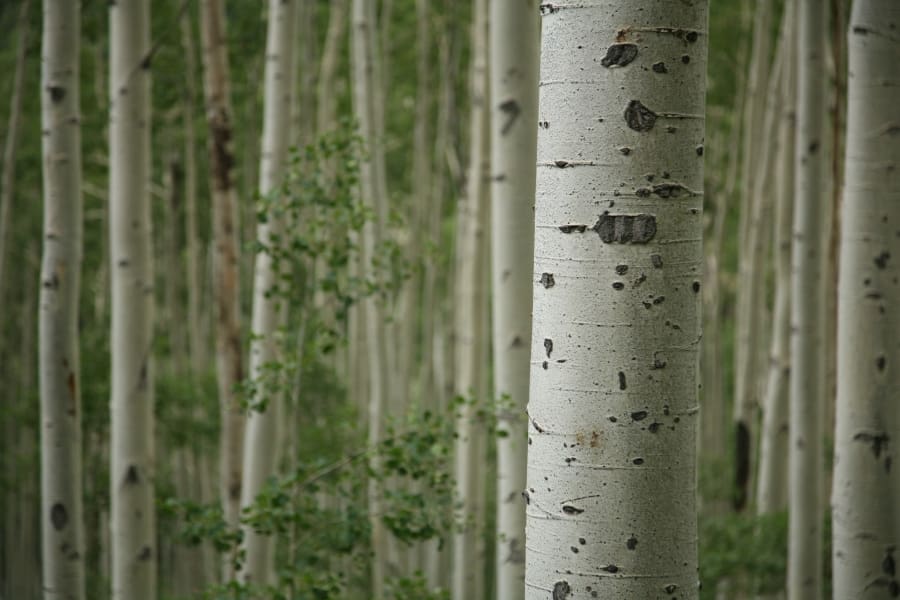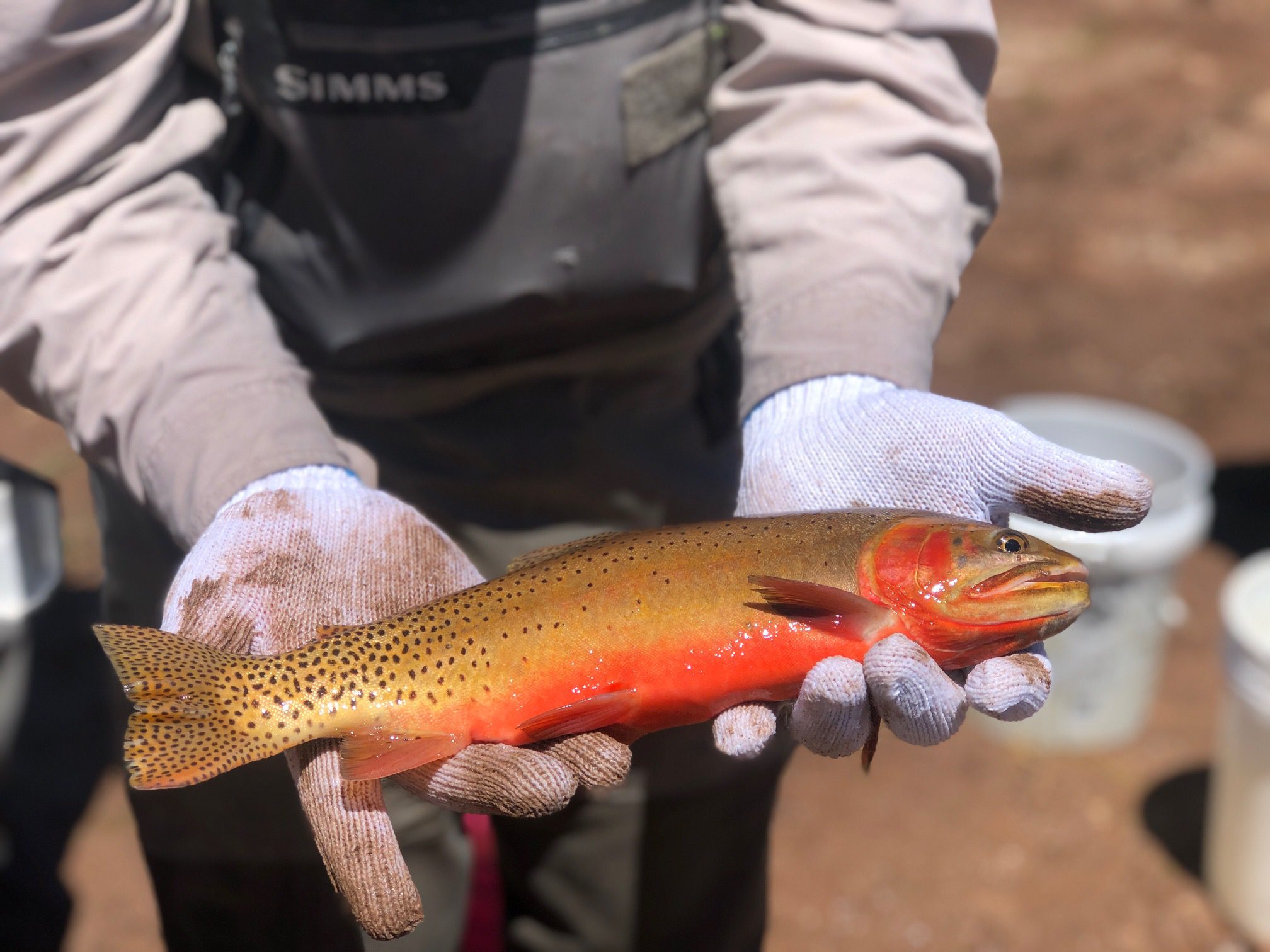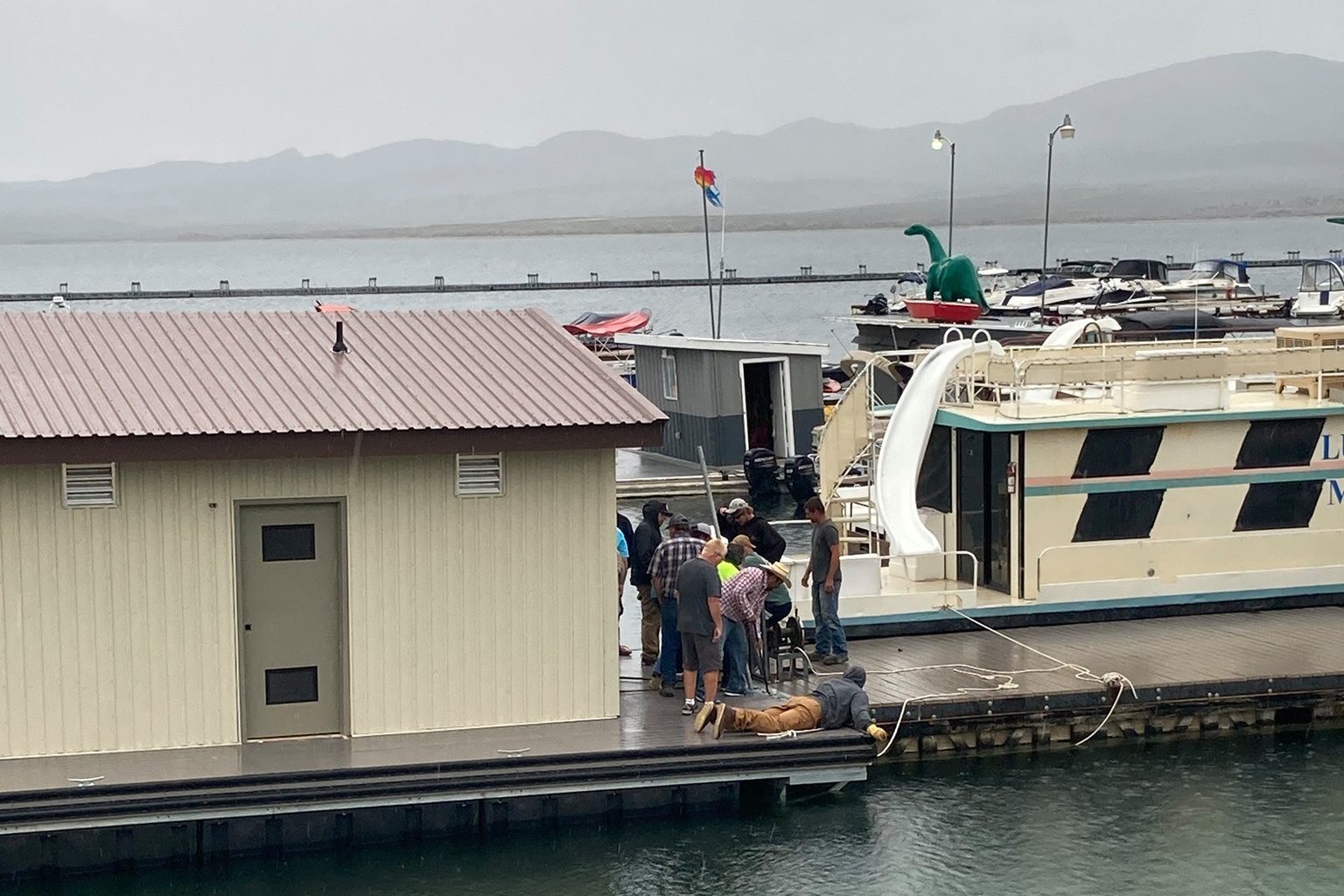Environment
Lawsuit looks to stop US Forest Service project in Utah’s Uinta Mountains

Aspen trees in the Ashley National Forest. Photo: Jason Christensen, Yellowstone to Uintas Connection
By Kyle Dunphey, Utah News Dispatch
Environmental groups are suing the U.S. Forest Service over a project that would remove trees in the Ashley National Forest, which includes a large section of the Uinta Mountain range and Flaming Gorge reservoir in northeastern Utah.
Filed Wednesday in U.S. District Court for Utah’s Central Division, the Center for Biological Diversity, Yellowstone to Uintas Connection, Alliance for the Wild Rockies and Native Ecosystems Council — all environmental nonprofits — are accusing the U.S. Forest Service of violating the Roadless Rule, which prohibits new roads and timber harvesting in certain areas.
The complaint also names Susan Eickhoff, Ashley National Forest supervisor. A spokesperson for the Forest Service said the agency could not comment on active litigation.
The lawsuit takes issue with the Ashley National Forest Aspen Restoration Project, which the Forest Service calls a “phased treatment approach to restoring aspen forests.”
By authorizing treatment of trees on over 177,000 acres of Ashley National Forest, the Forest Service says “aspen groves will reach a more desirable condition for overall health,” according to documents from the project.
Treatment can mean a number of things — according to project documents, the Forest Service could initiate prescribed burns, selectively cut or remove aspen and conifer trees with logging tools and machinery, gird conifers (killing the tree but letting it stand), plant aspen trees while controlling competing vegetation, and instal fencing and other methods to protect trees from wildlife and livestock.
The lawsuit argues calling it a “restoration project” is misleading because it actually removes trees. And attorneys for the groups allege that the Forest Service violated both the Roadless Rule and the National Environmental Policy Act, or NEPA, which requires government agencies to assess environmental impacts before starting a project.
“This logging is a huge threat to the Ashley’s beautiful roadless forests, which are rich in biological diversity and beloved by hunters, hikers and many others,” said senior attorney for the Center for Biological Diversity Ted Zukoski, in a statement. “Forest Service officials are supposed to protect these wild places and the plants and animals that depend on them, but with this logging plan they’re ignoring that duty.”
The lawsuit alleges the scope of the project and the environmental assessment is too broad because it didn’t specify the size of trees that would be targeted and how the Forest Service would seek out smaller diameter trees, which is required by the Roadless Rule.
“It places no limits on the size of trees to be removed, nor does it otherwise demonstrate or ensure that only generally small diameter trees would be removed. The Forest Service ignored repeated public requests that the agency explain how the project would comply with the Roadless Rule,” the complaint filed Wednesday reads.
The lawsuit also claims the Forest Service ran afoul of NEPA because it “failed to take the required ‘hard look’ to consider and disclose the Aspen Project’s direct, indirect, and cumulative impacts, including impacts of logging in Inventoried Roadless Areas.”
In court documents, attorneys for the environmental groups say the Forest Service didn’t clarify details like where the tree removals would occur and what specific kind of treatments would be used inside the national forest. That made it “impossible for the Forest Service or the public to understand the impacts of the proposed action, especially whether the Aspen Project can comply with the Roadless Rule.”
The suit asks the court to invalidate the project, prevent the Forest Service from reviving it until they comply with the rule, and cover legal fees for the environmental groups.
“Logging and burning of roadless areas destroys song bird habitat, many of which are declining in numbers,” said Sara Johnson, director of Native Ecosystems Council, in a news release. “The government should be working to conserve these species, not destroy their habitat.”



















